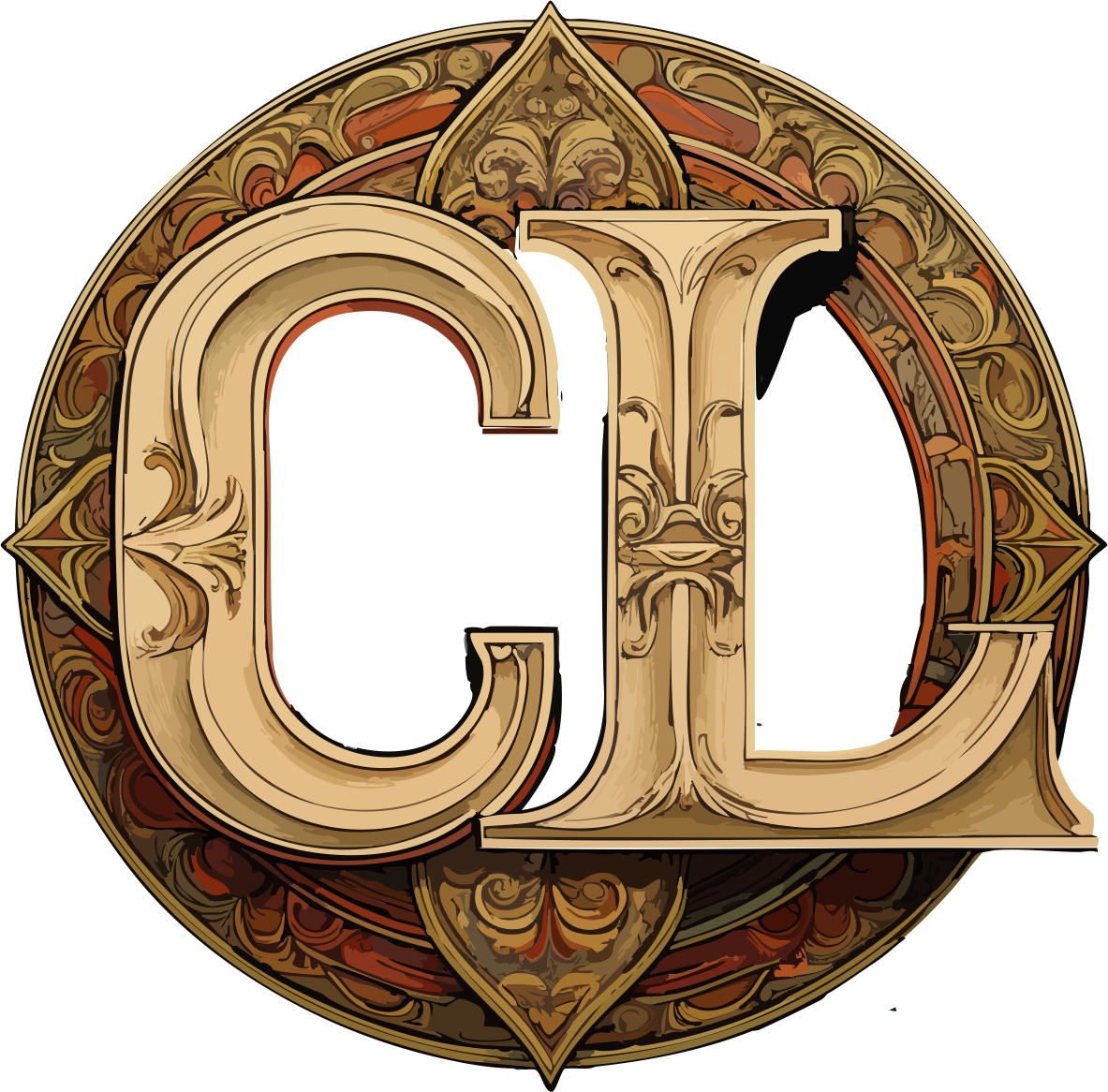The Helper
I have been really good at only two things in my life, writing and being a helper. The first came natural to me. The second, well I am not exactly sure how I became so good at. Perhaps it came naturally too. Or maybe it was something else. Possibly practice?
This is not to say that I haven’t learned how to do things and become proficient, maybe even good at a few. But taking the lead, taking control when things were broken was not something that came naturally. But I could certainly help those who did.
In most situations where there were two or more engaged in an activity, I found myself gravitating to that role of helper while someone else would gravitate towards taking control of the situation. I could get the tools they needed, could even guess with incredible accuracy what tool or part the others needed before they asked for it. I would have it in waiting before they even moved to their next thought of needing it.
Once I became familiar with a situation, I could read the room as it were. I could prepare for the next move and would usually be right. But still, I was just the helper. I wasn’t the one who actually fixed the problem. I was just someone who was there when it was fixed, cleaned up after, and lent a hand during the process.
For years that bothered me. I could find consolation in the successes of the other talent though as it progressed and brought me attention and praise from others. But it was not a replacement for how the other made me feel. I was still just a helper in many of the other situations that arose in my life. The person I was helping was always the one with the talent, the problem-solving skills that got things done as far as I was concerned.
But as I got older, I began to realize that a leader without a helper is just someone who is alone. They are someone who had to figure out how to get the right tool when their hands were otherwise engaged. They were alone without anyone to bounce ideas off of as they moved through their process of figuring out their next move. They were alone in their triumph of fixing the problem. They were alone in their struggle when the situation felt hopeless before the next revelation came. They were simply alone.
They needed me in ways I had never considered. They needed someone who might not have the natural ability, but had an encouraging word when the situation became difficult. They needed someone to do the multiple little things that were less important but necessary. They needed someone to pick up the parts so they could concentrate on the problem and someone to pick up the tools when the work area became too cluttered to find what they needed. They needed someone to high-five in the eureka moments. They needed to be helped.
Age also brought another bit of wisdom my way. It allowed me to see that in my other natural ability, I had been the problem-solver. I had been the one with the knowledge to lead others. Through my published works and the skill set I had acquired to deliver my words in just the right way, I was leading others. It further showed me that in that capacity I had been a helper too. I had just considered it a leadership role. In reality, we are all helpers in one capacity or another and at one time or another. Sometimes we are picking up tools and sweeping the floor so the leader in that role will have room to work. And other times, we are the helper who takes the lead role helping help others in need of our talents and gifts.
But in the end, what matters most is that we are there to help. What we think about ourselves in the moment when others are in the lead role is just a thought. What we contribute in those moments, however, is exactly what someone else needs most in that moment. And that, well that is the most natural talent of all.
C.L. Harmon
